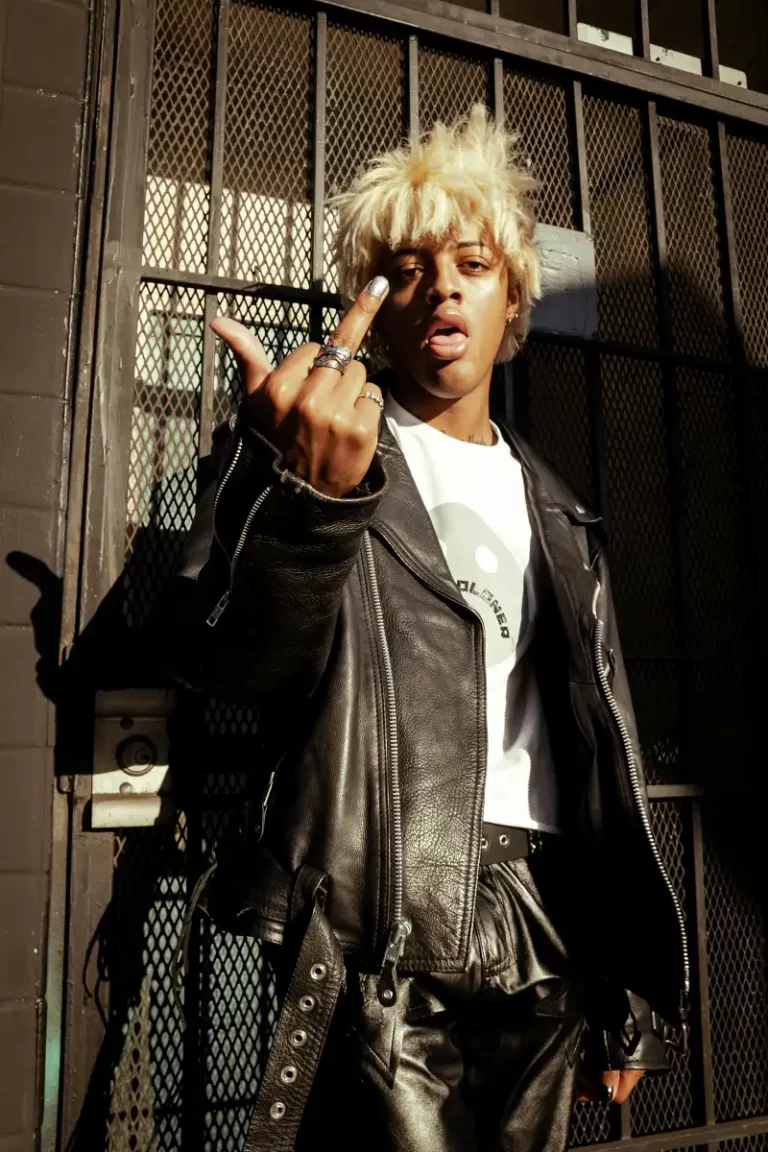Table of Contents
- Historical Background
- Cultural Significance
- Sociological Perspectives
- Gender Dynamics
- Social Stigmatization
- Car Culture and Customization
- Rituals and Community
- Decline and Transformation
- Contemporary Relevance
- Conclusion
Bosozoku, a unique and vibrant subculture originating from Japan, encapsulates the rebellious spirit of post-war youth. Emerging prominently in the 1950s and 1960s, bosozoku has its roots deeply embedded in the rapid economic and social transformations that Japan experienced during this period. This subculture is most recognizable for its association with modified motorcycles, flamboyant attire, and a defiant attitude towards societal norms. The term “bosozoku” itself translates to “violent running tribe,” which aptly describes the subculture’s penchant for high-speed motorcycle rides and occasional clashes with law enforcement. This article delves into the historical background, cultural significance, and societal impact of the bosozoku subculture, providing a comprehensive understanding of its evolution and contemporary relevance.
Historical Background
The origins of bosozoku can be traced back to the rapid industrialization and economic growth in Japan following World War II. During the 1950s, Japan’s youth were significantly influenced by the Western culture that accompanied American occupation. This period saw a surge in consumerism, and motorcycles became a symbol of freedom and modernity. The early bosozoku gangs were predominantly composed of working-class youths who found a sense of identity and camaraderie in their shared passion for motorcycles and rebellion against traditional societal expectations. The 1960s and 1970s marked the heyday of the bosozoku movement, with thousands of youths participating in night rides and elaborate rallies, often resulting in violent confrontations with police.
Cultural Significance
The bosozoku subculture is characterized by its distinctive aesthetic and cultural practices. Members are known for their highly customized motorcycles, often adorned with exaggerated fairings, loud exhausts, and vivid paint schemes. These modifications are not just for show; they represent a statement of individuality and resistance to conformity. Bosozoku attire is equally flamboyant, with members donning jumpsuits, hachimaki (headbands), and surgical masks, often emblazoned with gang insignia and provocative slogans. This attire serves as a visual manifestation of their defiance and solidarity. Additionally, bosozoku rituals, such as group rides and public demonstrations of stunts, play a crucial role in reinforcing group identity and cohesion.
Sociological Perspectives
From a sociological perspective, bosozoku can be analyzed through various theoretical frameworks. The subculture can be seen as a form of youth resistance, where marginalized young people create a distinct identity to challenge the dominant cultural norms. Functionalist theorists might argue that bosozoku provides a sense of belonging and purpose for its members, fulfilling social needs that mainstream society fails to address. Conflict theorists, on the other hand, could interpret bosozoku as a manifestation of class struggle, with the subculture offering a means for working-class youth to resist the hegemony of the upper classes. Symbolic interactionism offers another lens, focusing on the meanings and symbols associated with bosozoku practices, and how these are negotiated and interpreted within the subculture and by outsiders.
Gender Dynamics
Gender plays a significant role within the bosozoku subculture. Traditionally, bosozoku has been a male-dominated space, reflecting broader patriarchal structures in Japanese society. However, there have been notable instances of female participation, with women forming their own gangs or integrating into male groups. These female members, often referred to as “ladies” or “sisters,” challenge conventional gender norms by adopting the same aggressive and rebellious behaviors as their male counterparts. The presence of women in bosozoku highlights the subculture’s complex relationship with gender, offering both a space for resistance against traditional femininity and a reinforcement of certain masculine ideals.
Social Stigmatization
Bosozoku members often face significant social stigmatization due to their perceived deviant behaviors. Mainstream media and public opinion typically portray bosozoku as juvenile delinquents and public nuisances, contributing to their marginalization. This negative perception is reinforced by the frequent clashes with law enforcement and the subculture’s association with other forms of criminal activity. However, it is essential to recognize that this stigmatization can also serve to strengthen the internal solidarity of the subculture. By being labeled as outsiders, bosozoku members develop a heightened sense of group identity and loyalty, which in turn perpetuates their rebellious stance against societal norms.
Car Culture and Customization
Get the full article AD FREE. Join now for full access to all premium articles.
View Plans & Subscribe Already a member? Log in.





